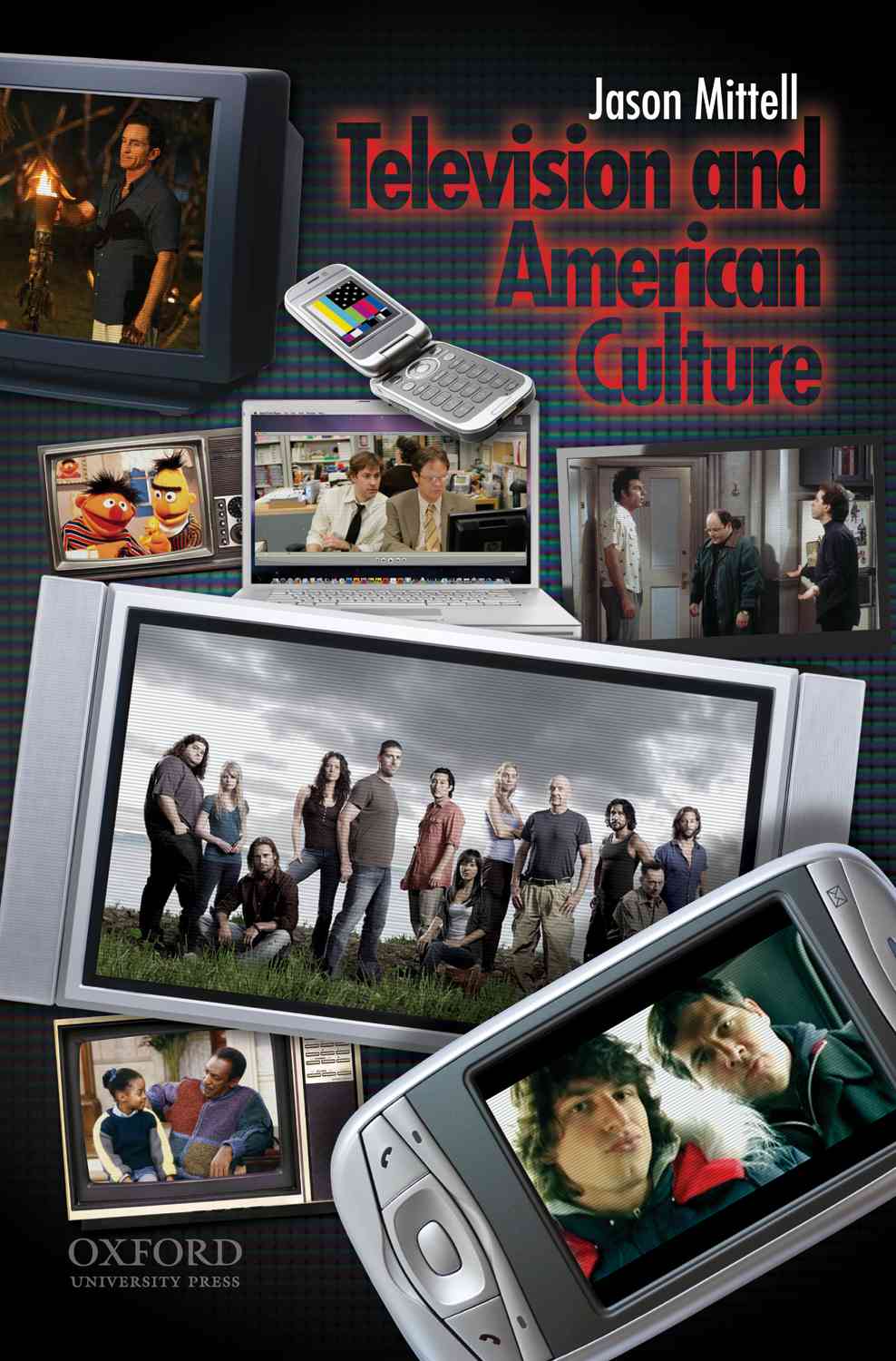Complex TV: Comprehension
It’s been a dormant month of July on the book-writing/publishing front, as I’ve been busy returning from my year abroad in Germany, settling back in Vermont, and having some family vacation time. I do hope to resume writing and pre-publication, as I have only a few more chapters left to go before I’ve got a full draft of Complex TV ready to submit to NYU Press. So I’ll start out August by posting the next chapter, focused on issues of narrative comprehension. As described in the book’s introduction:
One of the challenges of a long-form serial narrative is maintaining viewer comprehension throughout a variety of viewing practices, whether it is weekly and seasonal installments through broadcast schedules, or the more variable patterns afforded by DVDs, online viewing, and DVRs. This chapter builds on cognitive theories of narrative comprehension to consider how television serials have created methods to both maximize understanding and play with knowledge differentials between characters and viewers. I focus on issues of viewer memory as addressed both within the core narrative text and associated paratexts (like recaps and DVD extras), considering the varying ways programs trigger memories and exploit viewer’s fading memories to create unusual surprises in programs like Battlestar Galactica, Dexter, and Lost. The chapter also analyzes different approaches to suspense, surprise, anticipation, and curiosity that have emerged for long-form serial television, and how viewers thwart such narrative pleasures through spoilers. Finally, it concludes with a detailed account of the serial viewer’s activity in watching an episode of Curb Your Enthusiasm.
Much of the chapter is either brand new writing (including over 4,000 words about the brilliant Curb episode “Vehicular Fellatio”!), or major reworkings of past pieces. These include a condensed account of the essay on Lost spoiler fans that I co-wrote with Jonathan Gray and discussed more here on the blog, and a reworking of my essay on the mechanics of memory on serial television, as well as poaching from this post as well. It represents an attempt to merge cognitive poetics with more typical cultural studies accounts of television consumption – hopefully it’s a feasible marriage!
As always, I welcome and encourage feedback on this chapter, as well as the others that remain online for your reading and commenting pleasure. Thanks!
Filed under: Complex TV, MediaCommons, Narrative, Spoilers, Television, TV Shows, Viewers | 5 Comments
Tags: Battlestar, cognition, curb your enthusiasm, dexter, Lost, memory, Veronica Mars









A question… If I assign one of these chapters to my Lost seminar students, will these chapters still be here for them to read in, say, November?
Yes, the MediaCommons pre-publication version of the book is “permanent” (as far as the web is, I guess). I won’t be making edits as I revise, so if you’re planning on assigning a chapter, you might email me to see if I have a revised version that you could use. But if you do use the version on MediaCommons, encourage your students to leave feedback in the comments!
Never mind, found it on the home page.
Hello,
I’m posting this here bcause i don’t know where to post it… I’m looking for a book or an essay (perhaps there is something on this website… but I didn’t found it) about technical comments about tv series. I’d like to give a class about the aesthetic of tv series oriented to the technical points : what is the technical signature of a particular serie (let’s say : The shield, Oz, etc…). It could concern : editing, lighting, color symbol, etc.
Would you have any idea ?
Thanks